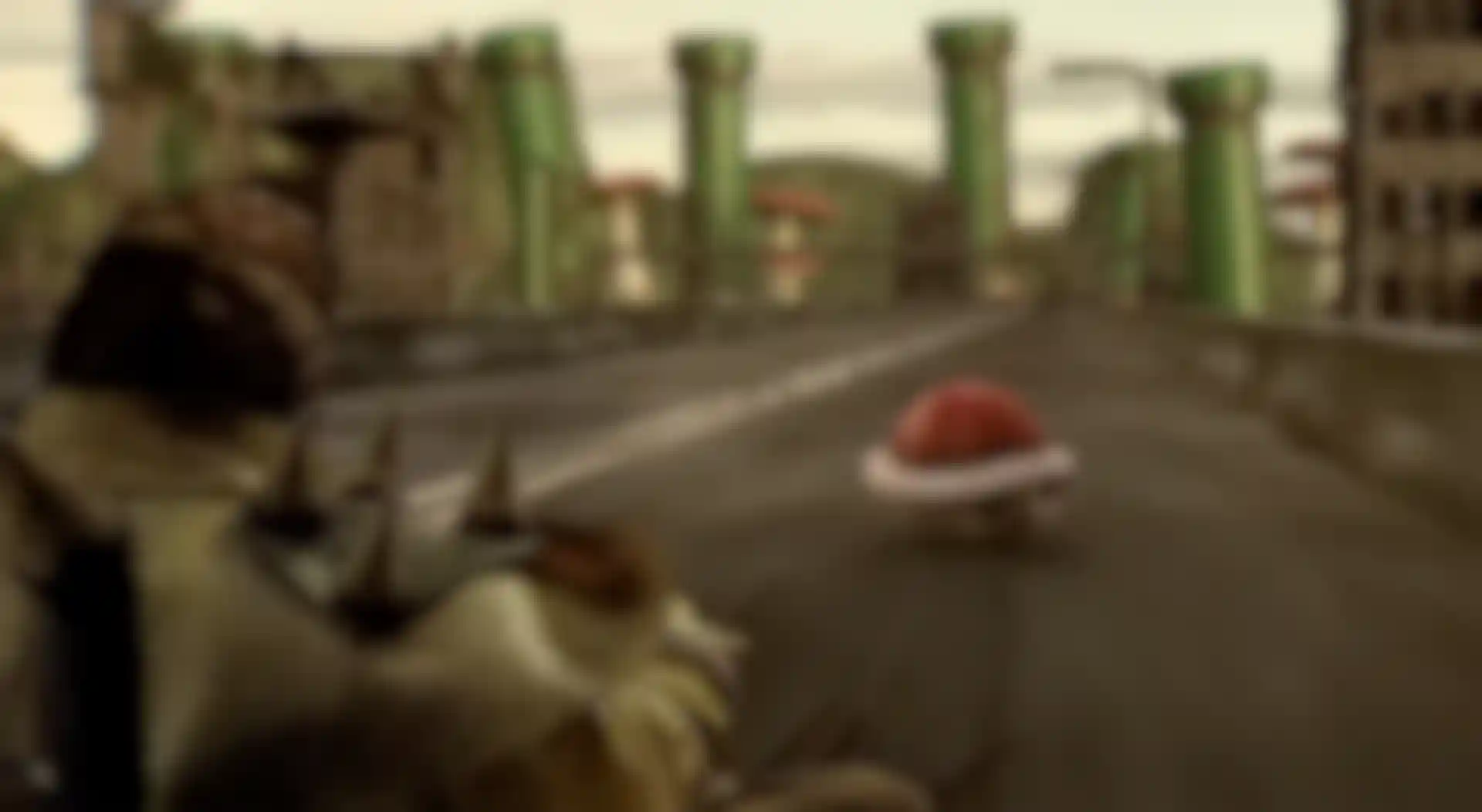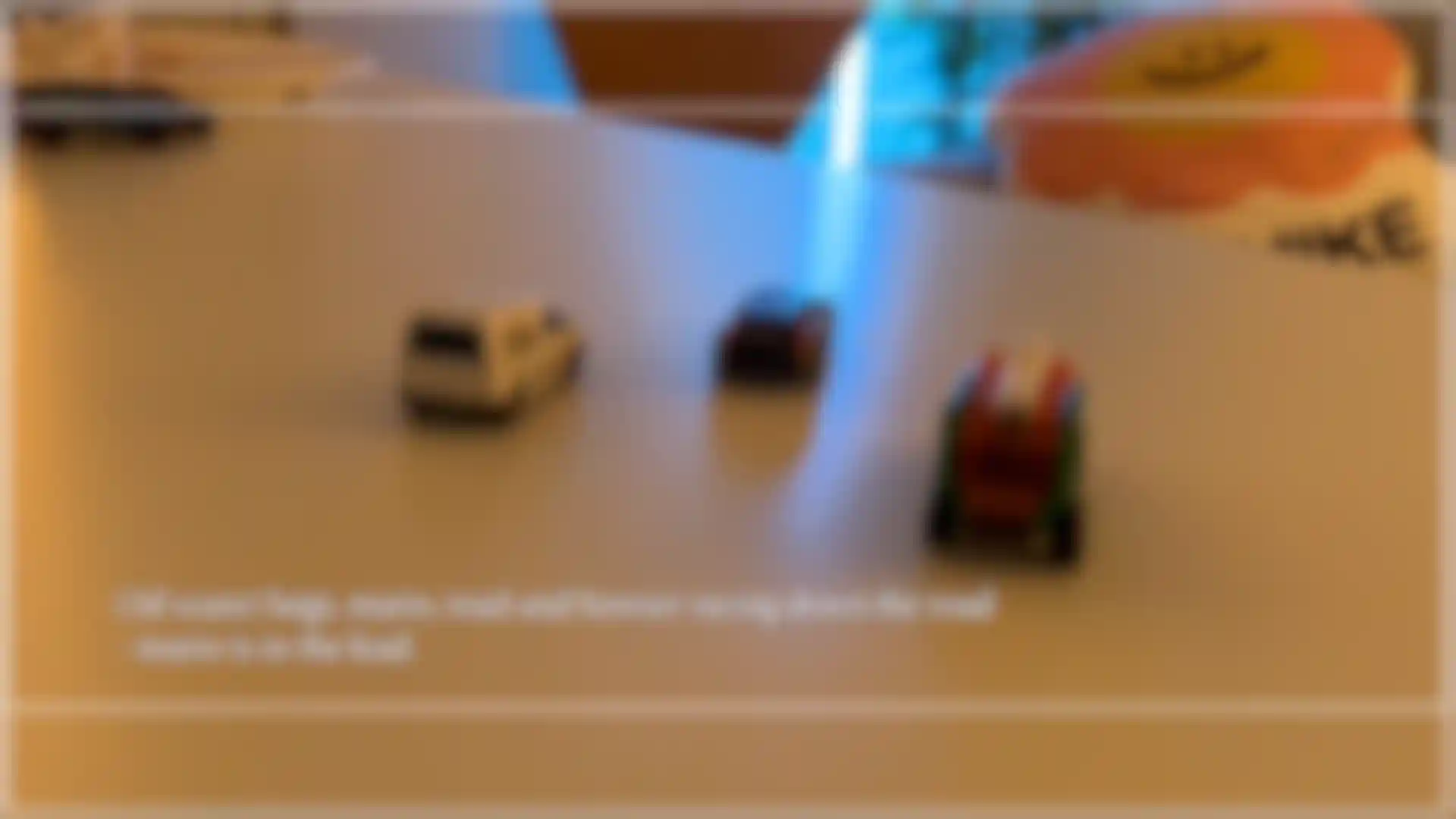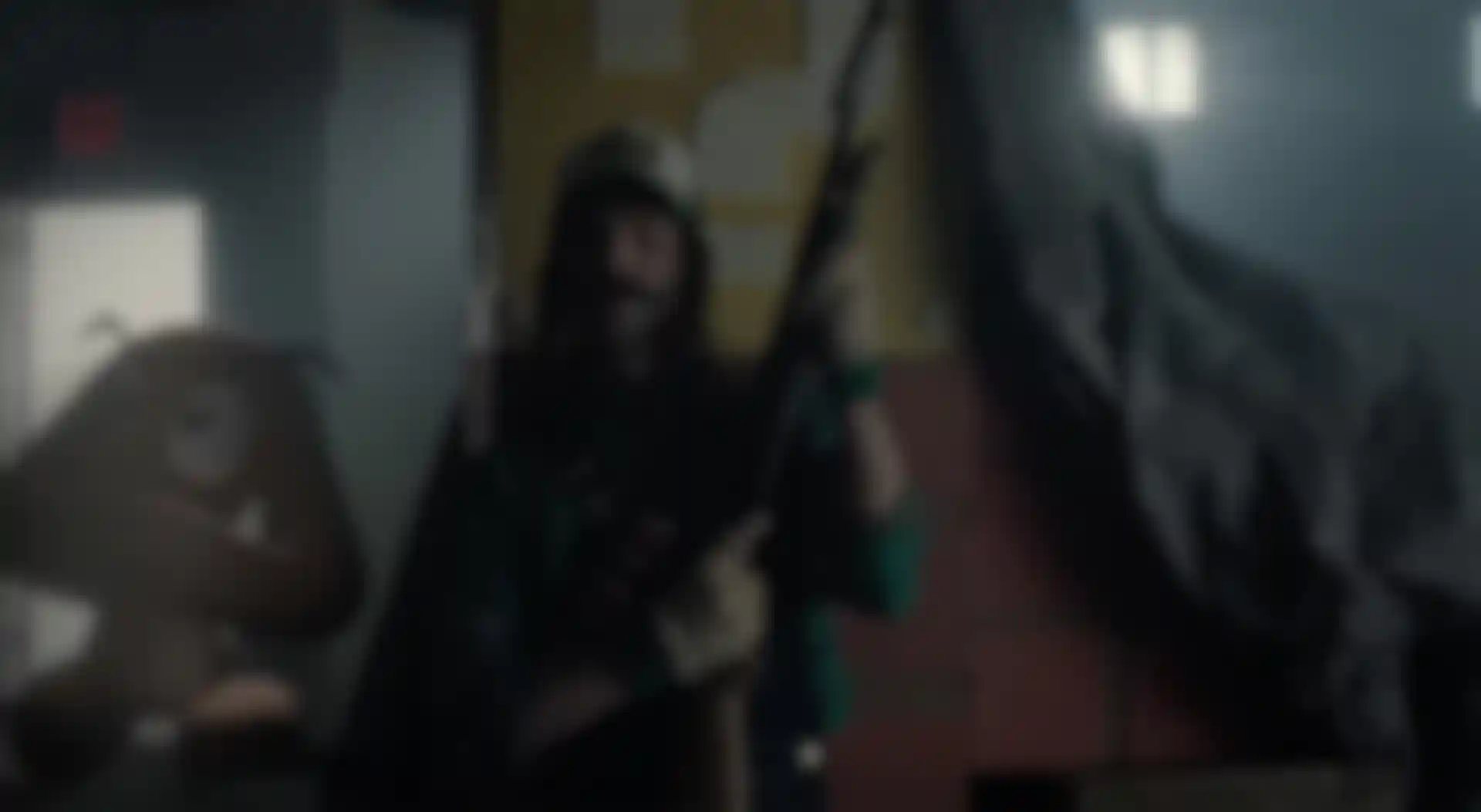
SNL’s Emmy-Nominated ‘HBO Mario Kart’ Sketch How the video game was reimagined in CG and went viral.
Pedro Pascal (“The Last of Us”) seems to be in everything these days, but you may have missed his role earlier this year as the plumber Mario in a “Saturday Night Live” (SNL) skit featuring a fake trailer for a new show “HBO Mario Kart.”
With production values that rival some feature films, the trailer follows Mario as he drives Princess Peach (Chloe Fineman) through a world that blends Nintendo’s game-like look with a post-apocalyptic feel inspired by “The Last of Us.”
We talked with SNL VFX Lead David Eber and 3D Artist Sam Caudill about their work on the hilarious parody sketch, including how they handled crazy deadlines and used Cinema 4D, ZBrush, Maya, Red Giant tools, Houdini, Nuke and more to get the characters through a dystopian Mushroom Kingdom.
Tell us a bit about yourselves, please.
Eber: I’ve been a VFX supervisor at SNL for about two and a half years, but I’ve been working on the show since it was remote during COVID. I helped out with VFX when the lockdown was really bad, and I eventually got brought back every week with more and more responsibilities. Now, I am one of three people who lead the team, which is great but it’s amazing sometimes how much there is to do on really tight deadlines.

Caudill: I do 3D animation and work for a game company with some friends. I got involved with SNL when I was asked on a Thursday if I could rig a horse and animate it like a skateboard for a jockey skit by the end of the day.
It was a very VFX-heavy skit and something like that would usually take a month of work, but it worked because everybody there works fast and collaborates as much as they can, which is cool. You end up being able to do things that at first you think you can’t do.
Are your deadlines always really tight?
Eber: I’m a worrywart, so I’m usually reading the scripts as soon as they drop so I can be thinking about what we’ll do even though some of the sketches never become final. We always try to do what we can ahead of time but, usually, a huge chunk of the sketches come to us at about 10 on Saturday morning and the first soft deadline is 3 p.m. and we want something to show to the director by 3:30 because everything has to be finalized and ready to air at 11 p.m.
What was your process like?
Eber: This Mario Kart was much more complex than what we usually do. We were building Monday through Friday, and I made a preset so they could key on the fly if they needed to. The team built so much stuff, I made a few scrolling backgrounds and keyed them in so at least it wasn’t green. Saturday was an 18-hour death march because we had to work right up until the last minute, and I was sick and working remotely because I thought I had Covid.

Caudill: VFX work is usually light with SNL sketches, but I think there were only two practical shots in the sequence at the end, and even those needed compositing because they were on green screen. The set had a bit of blue screen out to the side for a set extension because they didn’t have the real estate they needed to avoid it. We had to do a lot of touch up on that.
Eber: We like that the writers push us to do things we sometimes think we can’t do, but the CG for this became so overwhelming, we had to push back on some things because we didn’t have the time. Our director, Mike Diva, made some cutbacks and, in the end, it was a huge trust thing because we’ve all worked together for so long, our post super, Matt Yonks, knows we’ll get it done somehow.
We use a project management app called Notion, so I could see all of the shots for the sketch, who was working on them and what state they were in. The shots for this were particularly difficult to put together. The establishing shot for the first VFX car, for example, required a prebuilt background, footage and 3D assets.


The entire chain had to be broken down into prepped assets, sets and scans. Our VFX lead, Milton Ladd, was on set and scanned all of the cars and actors with his phone, and our team cleaned up all of the geometry so we could rig them. We use a lot of tools for different things, but the central ones are Maya, Cinema 4D, 3ds Max, After Effects, Houdini, Nuke and sometimes even Unity.
Say more about the racing scene.
Eber: Mike Diva and our DP Lance Kuhns did a previz of the entire race scene. We have never done that, it’s usually just storyboards. We had little toy Hot Wheels and go carts in the warehouse, so they made the entire racing scene shot by shot with those toys, which gave our team a good head start on the build. We knew the angles and what would need to be higher res or more in the background.


We used a lot of crazy tricks to get the race scene to work in a 3D environment. As the cart drives toward the camera, they pulled a rope to spin it on a giant lazy Susan. It was a genius move to have it come in and fly off and drive up a wall. Sketches made in a day don’t usually have this kind of gravity.
But even on Saturday, big changes can happen, like the scene where they skid on the banana. The director wanted it to be impactful, so the banana needed to be large. They hit it and the background whizzes behind them, which was a big change for the animators.

It was funny because all the comments on YouTube were like, ‘Wow, they must have been working on that Mario sketch for a month,’ but it was really a regular week with one extra day. We rarely have time to polish anything and mostly we’re already at 90 percent or more when we’re done.
Did anything come up that was particularly challenging?
Caudill: By far, the biggest snafu for the entire sketch was the Goomba model. It’s a mushroom character that’s a bad guy in the Mario game. We had two guest VFX people working with us and one of them rigged up a creepy Goomba early in the week.

We got the scripts Tuesday and we all started working immediately. So many things came up that we had to handle, we didn’t realize until right before air that the Goomba wasn’t working right. Its eyes were popping out of its head and stuff, so we grabbing a model off TurboSquid and just jammed it into the scene.
But then there were complications from that, so we had to go back to the first Goomba, and it broke again, so we went back to the TurboSquid model. We went with that one for the performance on air, but the director liked the other Goomba better because it was less spooky, so that’s the one that was used in the video online. It does happen sometimes that what airs is different from what’s posted later.
What can you tell us about the scene with Luigi’s mansion?
Eber: I love the “Luigi’s Mansion” game and when Danny Behar, our VFX artist, got it in his head that he could make the most high-res version of the mansion, I loved the idea. He built the entire thing about four times, and he made a spectacular model.

I really can’t express how much work people did to make this beautiful. Fenner Rockliffe, a visual effects artist we work with, added the moon, clouds and lighting. It was a quick one-off shot but it was so good, it felt like a set you could use in a movie. Everybody knew this was a special sketch and put in so much effort to make it great.
Credits:
Director: Mike Diva
VFX: Milton Ladd, Danny Behar, Jason Dorris, Sam Caudill, Peter France, Fenner Rockliffe, Hugo Marmugi, Ed Mundy, Hannah Kim, Mack Williams, Sohee Sohn, Rich Lampasone, John Camalick, Ryan Mauskopf, Bart Ovaitt, Aaron Nelson-Purcell
Design: Leigh McGrath, Marissa Sher, Keith Endow, Mauricio Villa, Dan Blaushild
Edit: Ryan Spears, Nahuel Attar
Post: Matt Yonks, Rachael La Bianca